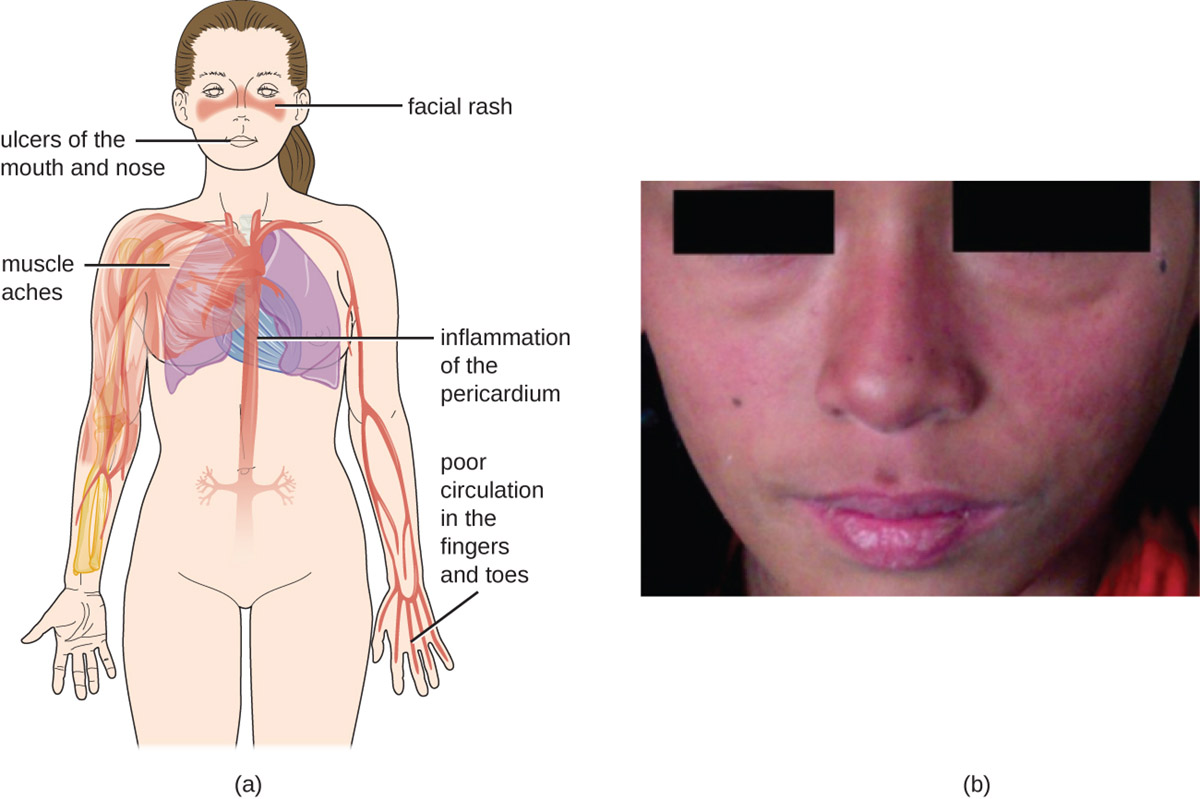
Lupus is an autoimmune disease and it can affect people of all ages. The condition features with inflammation of certain tissues caused by the attack of the immune system. The body does not recognize certain cells as its own ones and attacks them. This leads to the inflammation and may eventually cause the damage and loss of function of the affected organs and organ systems. In majority of cases lupus causes the damage to the heart, kidneys, blood cells, joints and lungs. In children the disease most commonly occurs between the age of 11 and 15.
What Causes Lupus?
The actual trigger for lupus is usually environmental. The disease is generally genetic but it needs a trigger to become active. For some children triggers are medications, while in others the disease starts after they have been exposed to a huge amount of stress or after infections (usually viral).
Characteristics of Lupus in Children
The problem with lupus in children is that in children there is a greater chance of serious organ involvement. Children suffering from lupus are more prone to kidney, neurological and hematological disorders. What is more, the disease is much serious and the development may be rapid.
The condition may be hard to diagnose. The symptoms can be general and include tiredness, fatigue headaches, mood swing and concentration problems. Such symptoms may not lead a doctor to suspect on lupus and the diagnosis does not have to be set on time. Hence the treatment starts late and this is why there is a higher chance of damage to vital organs.
Still, there may be symptoms and signs of the disease that can point to the presence of lupus. They include sensitivity to sunlight, swelling of the glands, kidney problems, extreme fatigue and unexplained fever, oral or mouth ulcers and ulcers inside the nose, blood disorders such as low count of both white and red blood cells as well as platelets. In some children there is an inflammation of joints.
The symptoms and signs of the disease vary from patient to patient and require thorough examination.
Treatment for Lupus in Children
Unfortunately there is no cure for lupus disease. As it is the case in adults even children are treated with drugs that reduce inflammation caused by the overactive immune system. The goal of the treatment is to bring the patients into remission and prevent the damage to the important organs and potential loss of their function.
Majority of patients are treated with corticosteroids. These medications are initially administered in large doses and once the desirable effects are achieved the dose is slowly reduced and finally kept at a constant level necessary for optimal results.


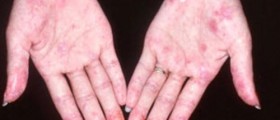

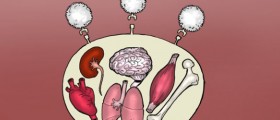

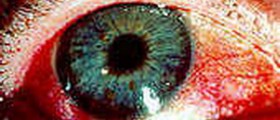
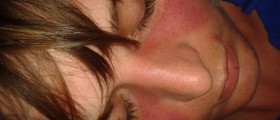

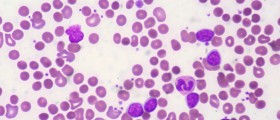
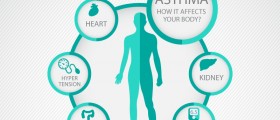


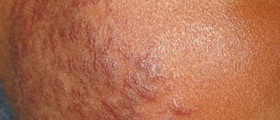

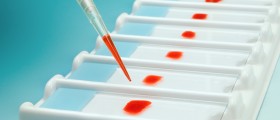
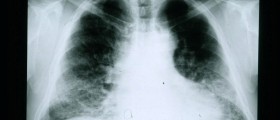
Your thoughts on this
Loading...